Head to Head: Should head coaches be required to teach?

Under the current GHSA rules, all varsity sport team coaches are required to be staff members at Midtown or other schools. While this may limit Midtown in its selection of coaches, it also provides trustworthy coaches who have a diverse set of skills from their experience as teachers, contributing to the success of the team.
If a teacher is fired, their teaching license could be revoked or their pensions could be terminated. However, a lay coach (community coach who is not a teacher) acting out of line can just be fired. Teachers who are employed as a varsity coach have much more held over their heads, meaning they are less likely to behave poorly as a coach.
Along with building reliability, the rule also ensures that varsity coaches have the same unique skills as teachers. For example, teachers tend to have developed skills of leadership, management, critical thinking, patience and communication from their time leading a classroom. These skills translate over from teaching to coaching and contribute to the success of the team. Since coaches are also teachers, they have a higher capability to lead and manage their team, which results in the team doing better. The special abilities teachers have ultimately help them coach their varsity team to a much higher standard.
To become a teacher, they must earn a bachelor’s degree, take a teacher preparation course and work as a student-teacher. These requirements, along with experience as an actual teacher, improves teacher’s soft skills, or the ability of an individual to interact well with others, which is a direct benefit of a teacher working as a coach.
Another notable effect of the policy is that coaches are inclusive of all players, since teachers have to be inclusive of all students. Just as a teacher works to educate all students, no matter their level of education, the policy ensures that coaches will work to improve and train all players, no matter their level of skill in the sport. Some coaches who aren’t teachers tend to focus on developing the better players, but coaches who are also teachers are accustomed to care for and mentor every single player.
It is extremely important that as students train and play for a varsity team, they also maintain good grades. With coaches being teachers, grades are held at a high priority for all players on the team. This is because it is the job of teachers to ensure that students learn and excel;so they would be inclined to act the same way as a coach.
The rule can also allow coaches to be familiar with more students. Since most teachers are known by a large number of students at school, a sense of trust and acquaintance is built with the coaches and the students. Not only that, but because coaches already work as staff members, they are able to understand the style of the school and what the environment is like.
While some say that the policy is more harmful because teachers may be inexperienced and not capable of coaching a team, this is not the case. In actuality, most teachers choose to coach a sport because they have played that sport at some point in their lives. Not only that, but some experienced coaches even become APS staff members so that they are able to coach a high school team, which shows that the rule doesn’t limit coach selection much at all.
This rule is extremely beneficial to varsity sports and needs to be maintained so that the integrity of Midtown’s coaching staff is preserved. The rule builds a foundation of trust and creates coaches who have the instrumental skills of teachers, such as inclusiveness and leadership.
Georgia High School Association policy requires head coaches to also be teachers. However, finding coaches who are qualified to both teach and manage a team is challenging. By allowing APS schools to hire outside coaches who do not have teaching responsibilities, the level of coaching at Midtown will be raised to a much higher level.
In some instances, coaches in high schools are not properly trained in the sport they are assigned to, but often choose to teach because of a school’s desperate need for skilled coaching. Similarly, teachers who are not properly trained coaches often have to coach a sports team, in addition to their teaching positions because of the school’s lack of coaching staff. These trade-offs can leave teacher-coaches frustrated, stressed and overwhelmed. Hiring outside coaches who are much more skilled will help fix these shortcomings, reducing the overstretch of staffing capabilities.
Additionally, by not requiring coaches to be staff members, schools will have a greater pool of qualified candidates. In other words, Midtown will open up its selection of potential coaches to more experienced individuals who are committed to coaching and training young players full-time.
Looking for coaches who fall within the teaching ranks may leave some sports teams without coaches because teachers may not feel qualified to coach. It also puts teachers in dual relationships with parents and students, which can make these relationships hard to maintain. However, by not requiring coaches to be staff members, more qualified coaches can be hired to support athletic programming, allowing teachers to focus solely on education.
Allowing teachers to dedicate themselves exclusively to their role of teaching, rather than splitting their time with coaching duties, offers a better approach to enhancing both athletic and academic outcomes. Teaching, as well as coaching, are full time jobs that require complete focus. Holding both jobs will overstretch the abilities of teacher-coaches, which may compromise the quality of their efforts in their classes and on their sports teams. This could have detrimental impacts on the growth of students, in terms of education and sports.
There are some drawbacks to hiring non-teachers as coaches, such as the fact that they are often unable to form strong relationships with students due to them not being at school and not being able to bond during school hours. Outside coaches aren’t around during the school day to communicate with players and build bonds with them. However, this problem can be solved through clear and consistent communication by coaches with players and their families.
Many technologies allow for easier communication between coaches and athletes, for instance, GroupMe and TeamSnapmake it easier for coaches to communicate with their athletes. Further, coaches can make efforts to get to know their players outside of practice and games by hosting team dinners and team outings, giving coaches extra time to build relationships with players. Overall, good communication, effort and energy resolves the issues surrounding outside coaching.
It is vital that APS allows non-faculty members to become head coaches. In this way, both the athletic and educational experience for students will be enhanced as more trained coaches can be hired and teachers can focus solely on educating students.
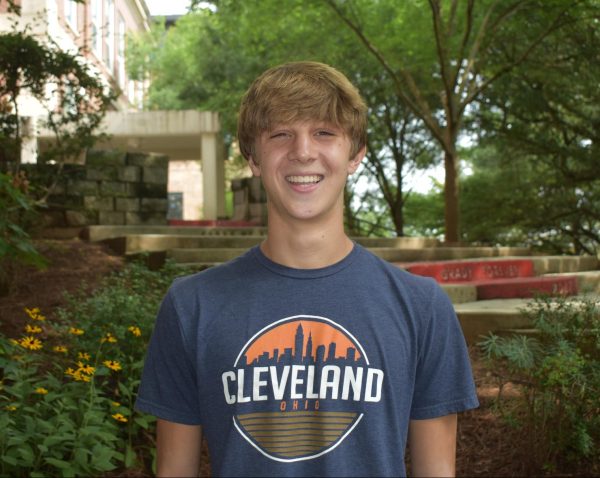
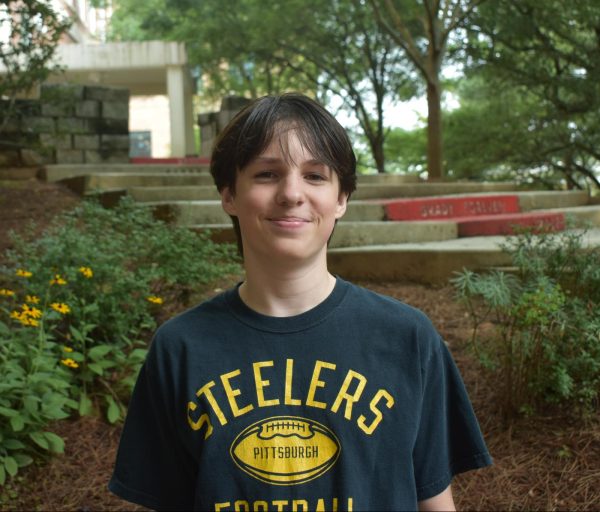
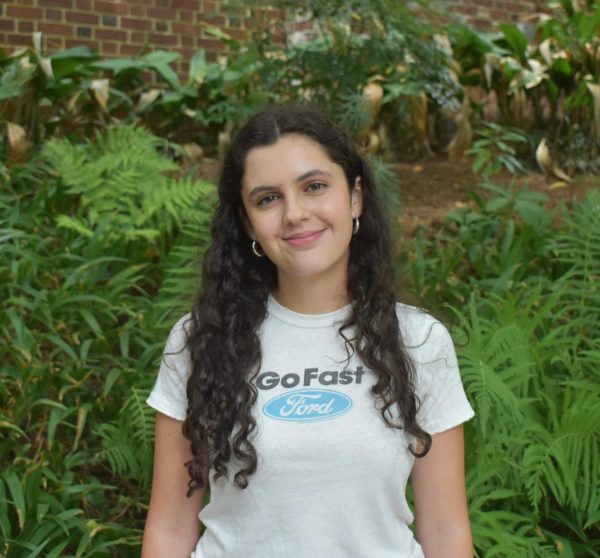



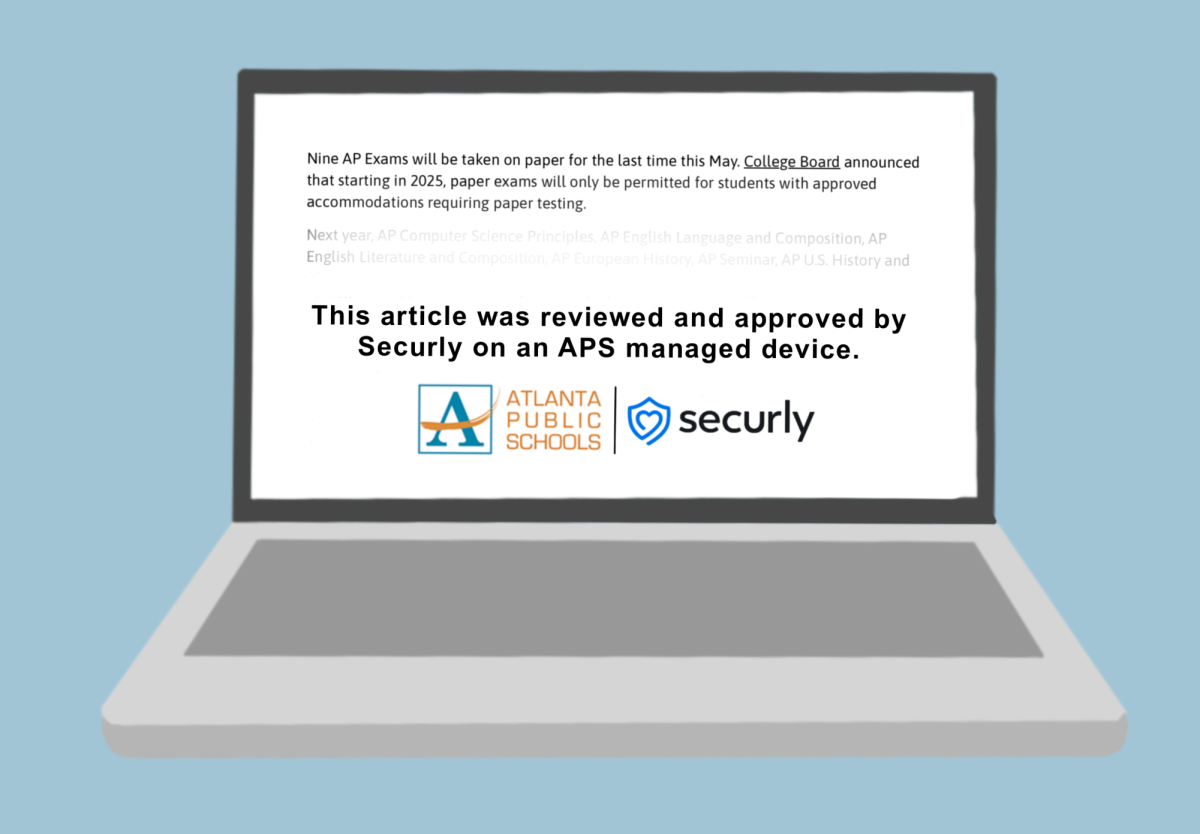

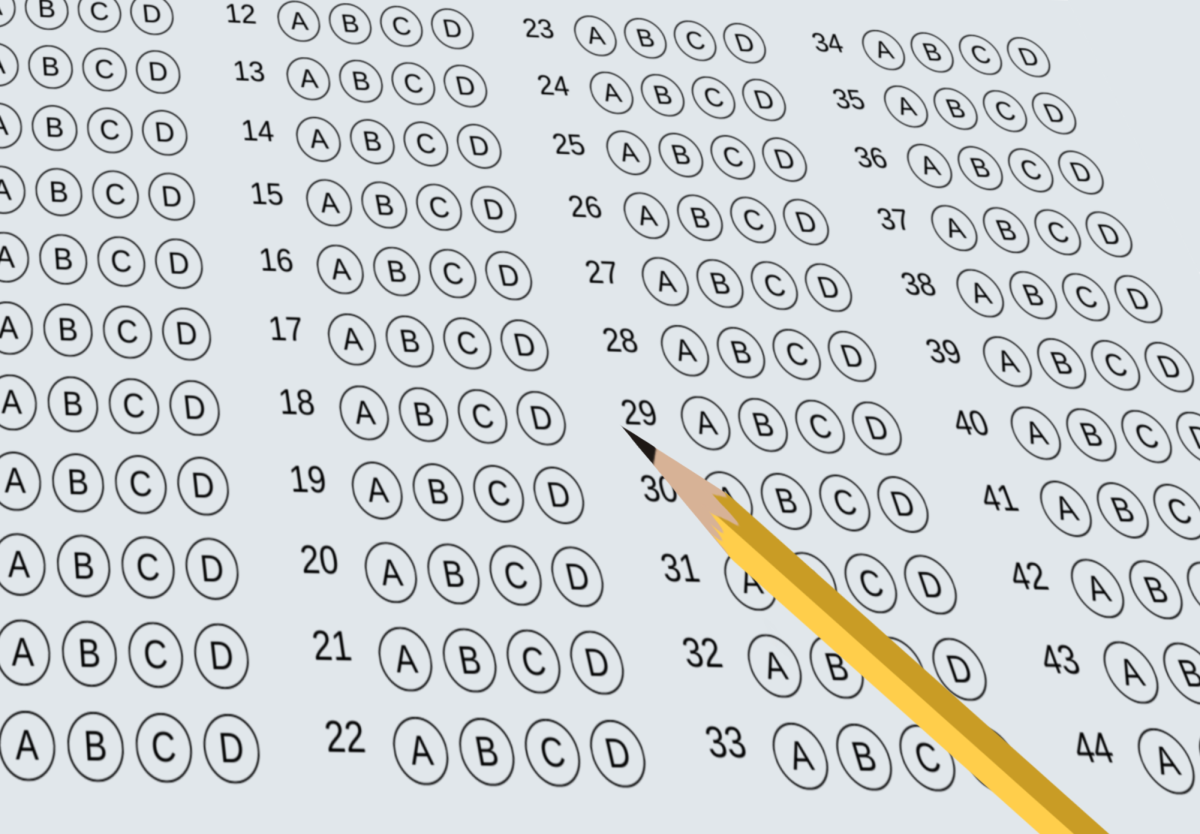




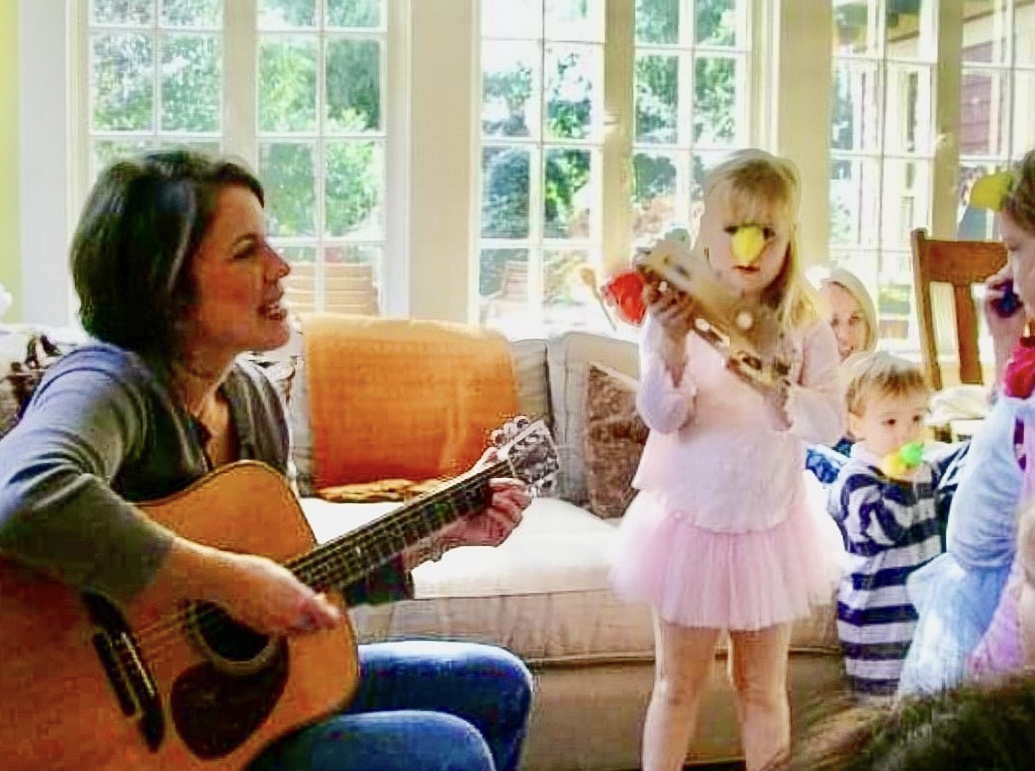



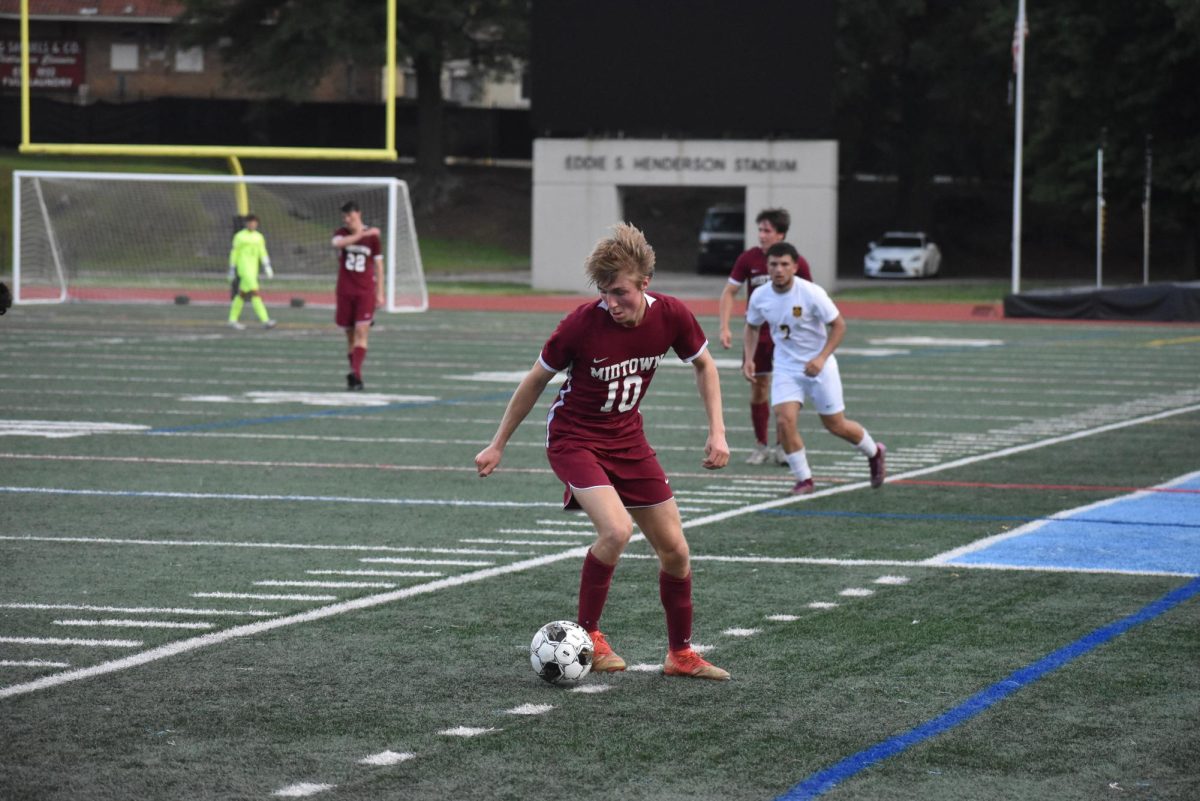

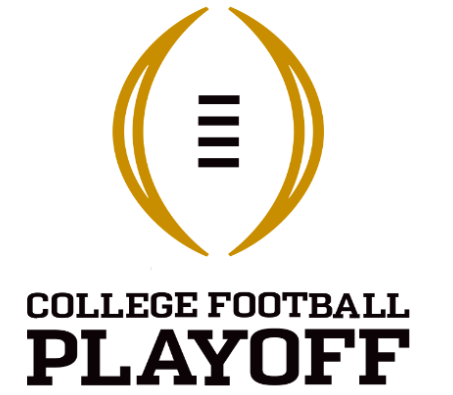
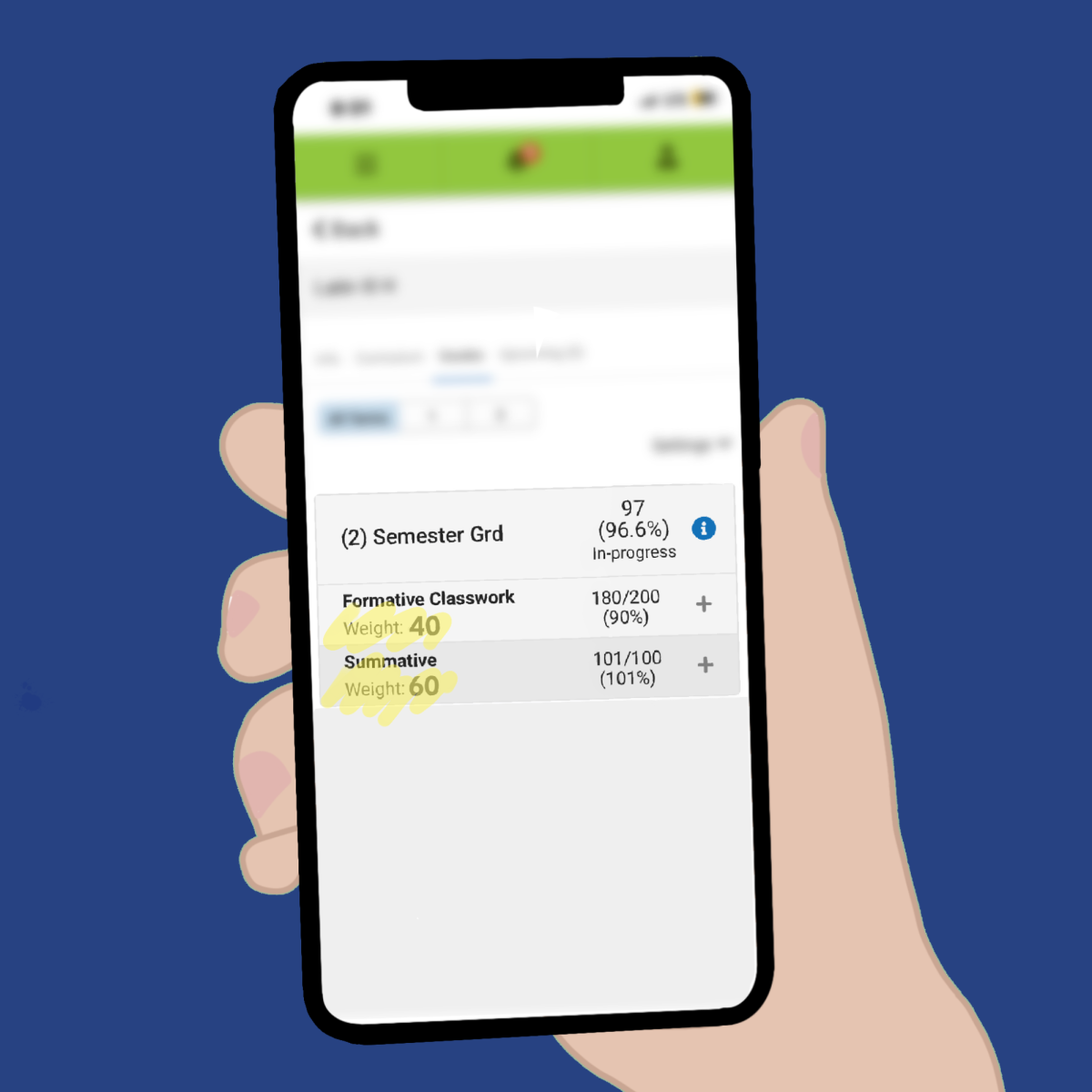




Anthony M. • Jun 12, 2024 at 11:02 pm
I’ve been involved in high school sports in various capacities in several states. Georgia is the only state I’ve been in that has this rule and it is flat out awful. While there are a lot of quality coaches who also teach, the rule is very limiting and that is especially evident is secondary sports. When it comes to sports such as golf, tennis, track, wrestling, a lot of times coaching jobs are given to teachers who just want to claim an extra paycheck and don’t care about their teams. I’ve seen it. It happens A LOT. And then you have the flip side, where better teachers are turned away because the school system has to give a teaching job to the new football coach it wants to bring in. Horrible rule and needs to be abolished.
Ryan Baity • Mar 24, 2024 at 1:49 pm
I hope that this rule that you must be a teacher to become a head coach will change soon. I moved from NC which I was a head wrestling coach for 6years in a successful 4a high school program. I have noticed that this rule has placed most wrestlers in the middle Georgia area at a disadvantage because most teachers either don’t have the knowledge to prepare the student-athletes to be competitive in the sport or just don’t know what it takes to be competitive. This rule limits the growth and development of the student-athletes and the program. To be a good coach you have to have knowledge of the sport, passion, and experience.